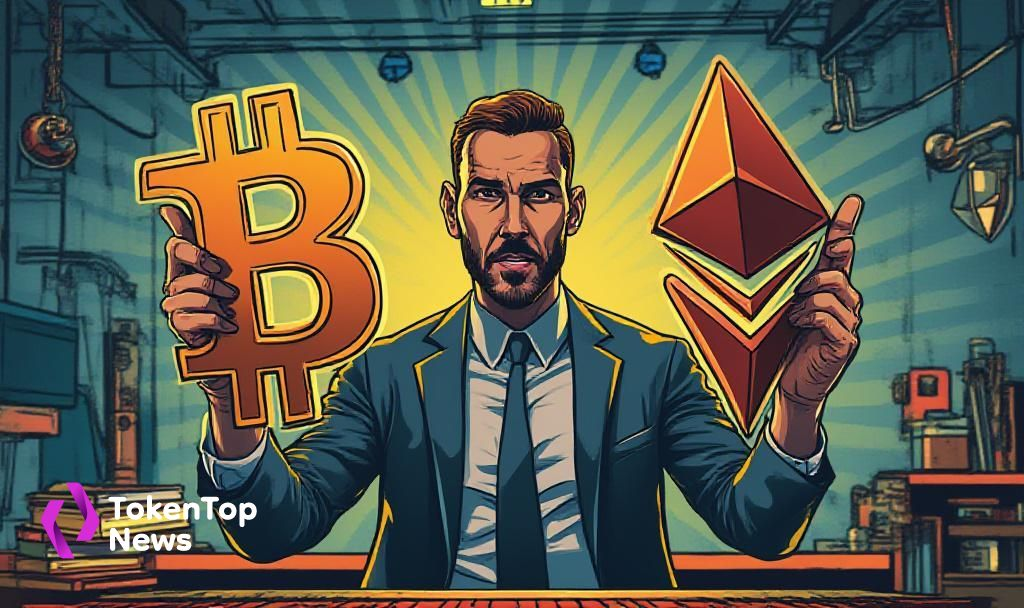Vitalik Buterin revealed a supposedly well-kept secret

What a revelation! Vitalik Buterin, the founder of Ethereum, revealed a supposedly well-kept secret last Thursday (June 29) in the well-known Bankless podcast. This confession was immediately followed by surprised comments on social networks, including from a well-known colleague of Buterin.
Ethereum founder Vitalik Buterin with unexpected staking confession
Contrary to the assumptions of many, the crypto-enthusiastic visionary Vitalik Buterin has not put his entire ETH into the stake. No, he only used a small portion of his precious coins. But why this surprising decision?
Buterin explained to the curious viewers and his fellow speakers that the complexity of multisig wallets is the main reason for his reluctance. The use of these special wallets, which are required for the use of ETH, is reportedly still extremely tricky. It seems like the security features of these wallets are the hurdle to a full staking session.
Cardano founder Charles Hoskinson is surprised
The unexpected news had hardly reached the crypto community when Charles Hoskinson, founder of Cardano, spoke up with a surprised tweet . He, too, had thought that Buterin would have deployed his entire ETH reserves. But that’s not the case! What that will mean for the Ethereum co-founder and the future of the cryptocurrency is written in the stars.
In the same broadcast, Buterin also commented on the EigenLayer protocol, a brand new system that will allow Ethereum validators and stakers to reallocate their assets on emerging networks. Unfortunately, this innovative protocol is still in the testing phase and a broad market launch in the third quarter seems unlikely. But the future remains exciting!
Buterin also highlighted the challenges Ethereum is facing. The lack of scaling infrastructure and potential points of failure in smart contract wallets remain major hurdles. However, he remains optimistic and strongly believes that reliable stakers should be valued higher than their unreliable peers.




